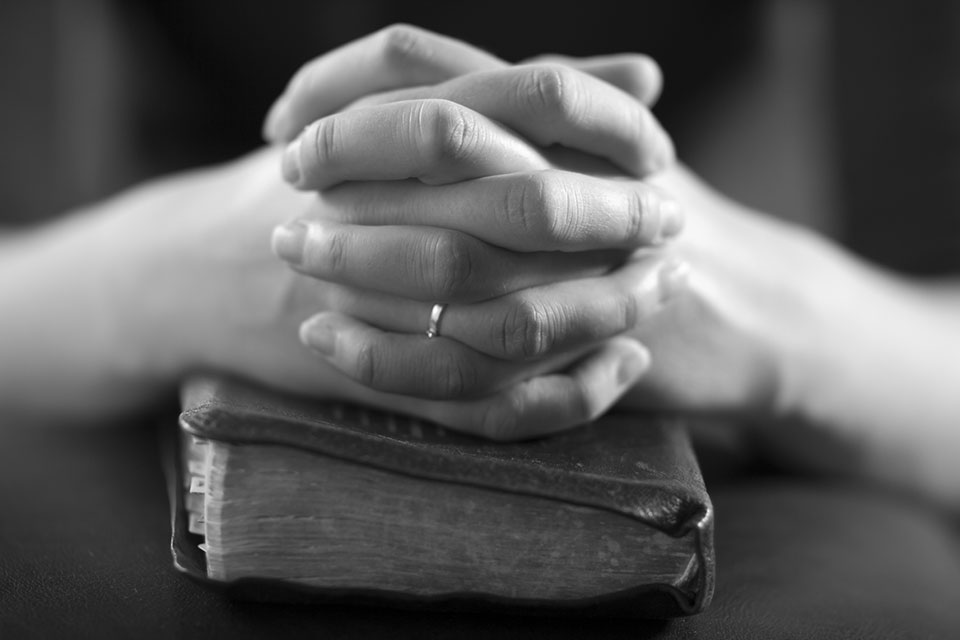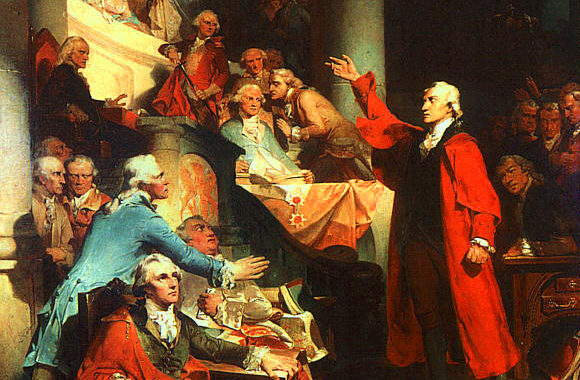“You keep using that word. I do not think it means what you think it means.”
– Inigo Montoya
As I read a New York Times editorial this morning about recent activities of the Supreme Court, it brought to mind others I’d seen in media recently. As interesting as I find them, I cannot help but be struck by a common thread – the writers don’t seem to grasp the concept of religious liberty. Perhaps it’s the word “religious” that clouds their view. I really don’t think, as I’ve quoted, it means what they think it means.
The ability to believe as one wishes is spiritual in nature – and I’ve written here in the past about how we at heart are spiritual beings – but that doesn’t always necessarily mean that our beliefs are “religious.” It gets to the heart of our humanity. While so many other things about it are simply sub-categories that put us in groups – in things like gender, sexuality, and race – our beliefs (how we think about the world and humanity as a whole) are the core of who we really are. They are our answers to the questions “Who am I?” “Why am I here?” “What is my purpose?” That the answers often manifest themselves in what we may call a “religion” doesn’t disqualify them from due consideration and protection.

Those who crafted the first amendment of the US constitution got it right: “Congress shall make no law respecting an establishment of religion, or prohibiting the free exercise thereof; or abridging the freedom of speech, or of the press; or the right of the people peaceably to assemble, and to petition the Government for a redress of grievances.”
They cover so much ground here: we are free to exercise and act upon our deeply-held beliefs. We are free to publicly declare them. We are free to gather together – not just in church buildings, but in parks, on the streets, at our centers of government. And we are free to tell that government when we believe they are wrong.
And yet it seems when it comes time to address the deep and challenging questions we face when two competing rights exist, it’s all out the window. Recently enshrined rights that arose from “an interpretation” rather than being clearly spelled out in the language of the constitution are being used to erode the right that the founders thought first and foremost – the right through which these other rights flow. Ironically, if it weren’t for the right to believe as one wished and to then communicate those beliefs to fellow citizens and the government, we would not have the very rights that conflict with freedom of belief in the first place. Those who fought for those rights could have been, by the very government to whom they would petition, suppressed and silenced.
It’s still happening around the world to serve as examples to all of us. In Muslim countries, homosexuals are still executed. It is only by the pressure of our government – a government that allows its citizens to speak out, to vote, to think and feel and believe as they wish — that any progress at all is made in these places. In China, millions of Uyghurs are imprisoned. Dissidents are jailed. A mere 31 years ago, people who spoke against the government were literally slaughtered in the streets. And right up to today churches are bulldozed and lawyers and citizen journalists are jailed for trying to speak the truth to the world.
These are clear examples of what happens when the freedom of belief is not first and foremost. And this is where it seems we are going. There is a sacrifice in freedom like this. It means that people with whom we disagree will get their say. But a world of no compromise – a world that doesn’t see the supreme value in one’s right to believe as they wish – is a world that will see liberty crumble in weakness. And when this very foundation of who we are as Americans falls, we all lose. Today it’s Catholic Charities. Tomorrow it’s just plain old someone we don’t like.
While accepting the Mark Twain Prize for American Humor, Dave Chappelle said “The First Amendment is first for a reason. Second Amendment is just in case the first one doesn’t work out.” The founders knew what they were doing, and so we stand for our freedom of belief. We stand for our freedom of assembly, speech, and the right to petition the government. It was important enough for us to take up arms in the time of the founders. It should be important enough for us to defend now.
It is our first right.

